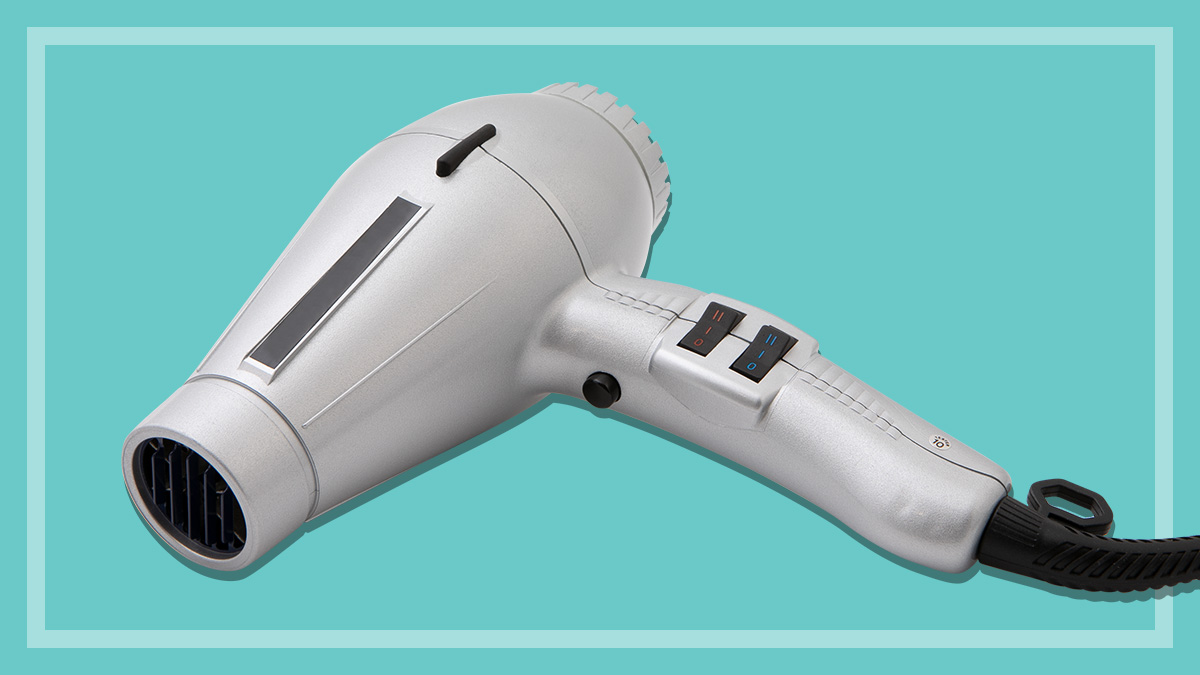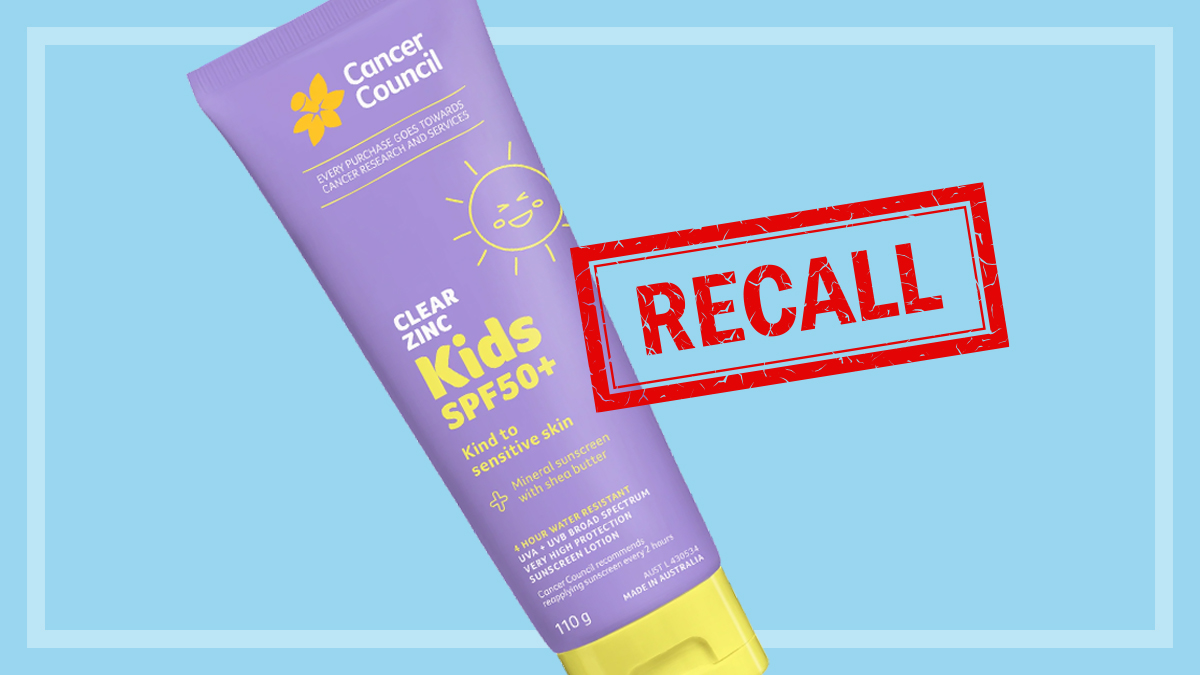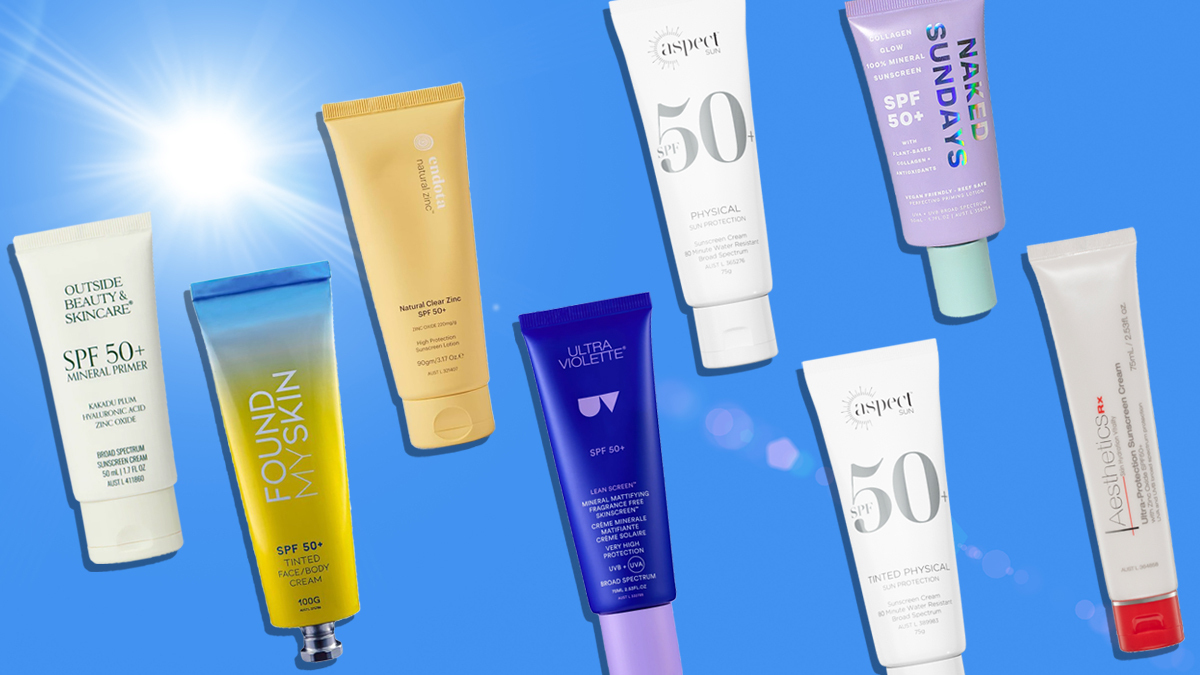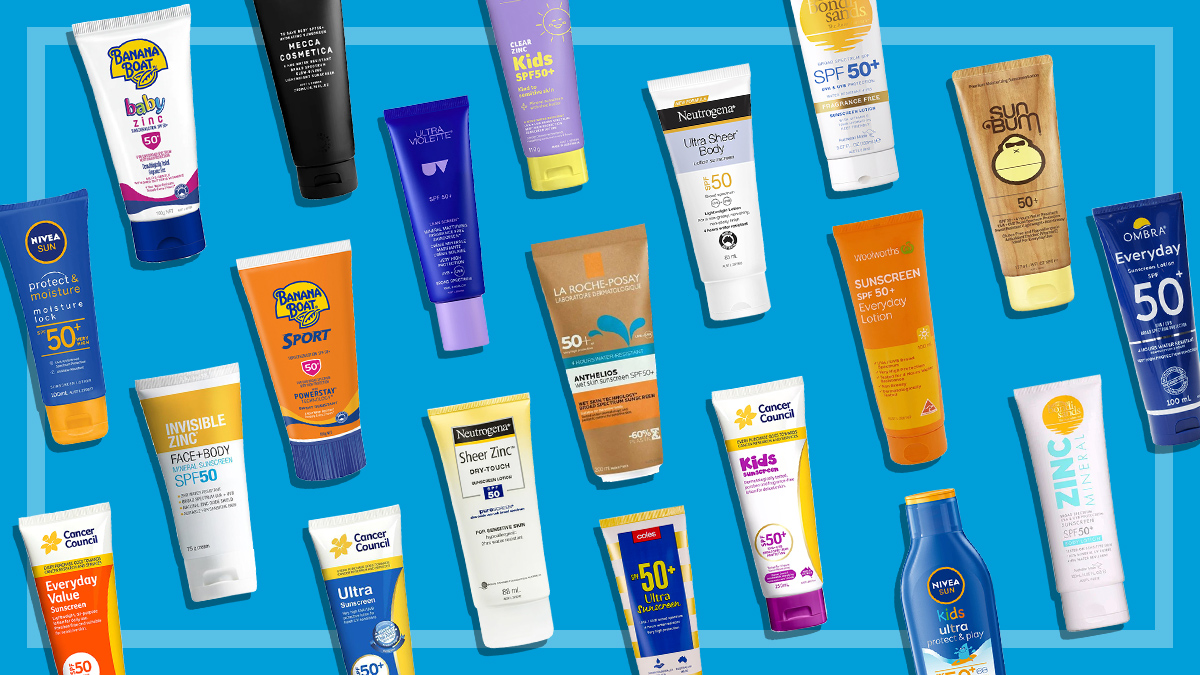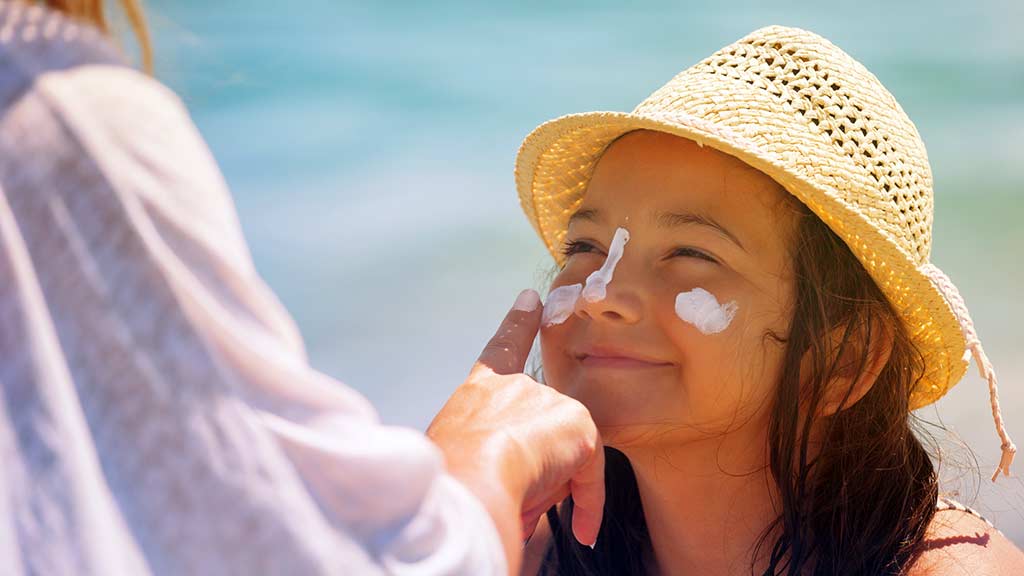Get our independent lab tests, expert reviews and honest advice.
Deodorants vs antiperspirants
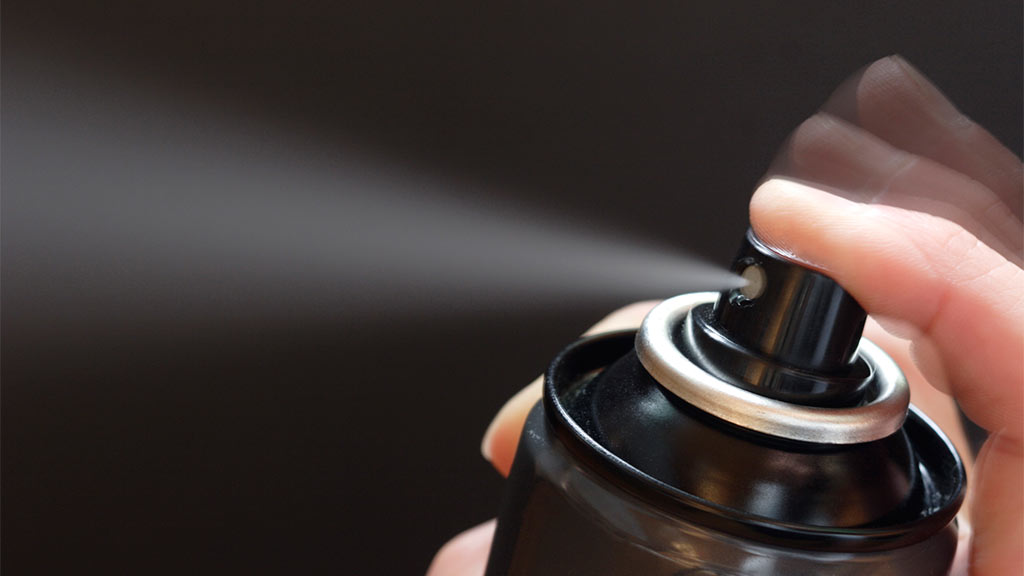
Even though the terms are often used interchangeably, there is a difference between deodorants and antiperspirants:
On this page:
- Aluminium in antiperspirants
- Are antiperspirants bad for you?
- Other active ingredients
- Why do we sweat?
- Deodorants contain antibacterial ingredients that help reduce the numbers of odour-causing bacteria, and may also contain perfumes that mask the smell.
- Antiperspirants contain aluminium salts, the active ingredient that helps reduce sweating by temporarily plugging pores and by constricting or shrinking the pores due to their astringency. Antiperspirant products don’t completely prevent sweating, and often contain deodorising ingredients, as well as antiperspirants, to reduce smell.
Aluminium in antiperspirants
Generally, the higher the aluminium content, the more effective the antiperspirant at reducing sweating. Ingredients such as talc and other absorptive minerals can also help reduce the feeling of wetness. Roll-ons tend to be more effective than sprays, because they provide better coverage.
Most antiperspirants contain aluminium in the form of aluminium chlorohydrate. Other less common forms include aluminium zirconium complexes, which are slightly more effective and longer-lasting than aluminium chlorohydrate. However, these are not permitted in aerosol products due to the inhalation risk.
Antiperspirants were regulated as medicines until 2007, and the quantity or proportion of active ingredient had to be listed on the label. However, in September 2007, antiperspirants were reclassified as cosmetics, so now their total ingredients must be listed, but not the amount of active ingredient. While this is useful for people sensitive to particular ingredients, it also means you can no longer tell which is likely to be the more effective antiperspirant simply by looking at the label.
Aluminium levels
A CHOICE poll confirmed most people want to know the percentage of aluminium in antiperspirants, so we asked the major manufacturers to provide us with this information. Unfortunately, many chose not to oblige. We know that many contain about 5% aluminium. If you’d prefer a stronger product, you could consider one of the following (aluminium content percentage listed in brackets):
- Garnier Mineral Roll-On range (10%)
- Nivea Silver Protect for Men Roll-On (15%)
- Mitchum (21.4%)
- Driclor (20%)
- Rexona and Dove Clinical Protection range (20% – overseas equivalent product).
Are antiperspirants bad for you?
Some people argue that the body sweats for a reason, and so antiperspirants that stop you sweating are bad. However, the adult human skin has several million sweat glands over almost your entire body, with only one per cent located in the armpits – so antiperspirants won’t cause you to overheat. They also don’t prevent perspiration completely. A standard antiperspirant may only reduce sweating by as little as 20%, while even the best ones reduce sweating by less than half.
Many people are also concerned about the health effects of aluminium in antiperspirants. Aluminium is an extremely common element, found in air, water, food, medicines, utensils and many other everyday objects and substances. It’s been linked with Alzheimer’s disease due to its accumulation in the brain tissue of Alzheimer’s patients, although it doesn’t appear to cause the disease. To put the aluminium content in antiperspirants in perspective, it’s estimated we eat about 5mg-20mg of aluminium per day, more than 99% of which is passed without being absorbed into the bloodstream. The aluminium content absorbed from antiperspirants has been measured at about four micrograms – roughly 2.5% of the amount that’s actually absorbed each day from the gut.
As for the claim that antiperspirants are the “leading cause of breast cancer” – a decade-old scare campaign still spread over the net – this myth was debunked years ago by world health authorities, who point out there is no evidence that using antiperspirant is even a risk factor for developing breast cancer, let alone a leading cause of it. Nevertheless, if you’re still concerned about using aluminium products on your skin, you could always switch to a deodorant.
Other active ingredients
Triclosan is an effective antibacterial agent used in some deodorant products. However, many GPs and scientists are calling for it to be banned from cosmetic products due to concerns about its impact on bacterial resistance and natural ecosystems as well as potential endocrine-disrupting effects. Tea tree oil and silver are effective alternative antibacterial products that we recommend.
Deodorant crystals are a popular alternative among the anti-aluminium set. They contain alum, an astringent that may help reduce perspiration by shrinking or constricting pores, and may also have antibacterial properties.
Why do we sweat?
Sweating is your body’s way of dealing with excessive heat. Exercise, over-stimulated nerves (caused by anxiety or fright), fever, spicy food and external heat and humidity can all cause sweating.
Why does sweat smell?
The sweat produced by your armpit’s sweat glands is rich in proteins, ammonia and fatty acids, and the warm, moist conditions are ideal for sweat-hungry bacteria. While the sweat itself doesn’t smell very strong, bacteria that break the sweat down into organic compounds produce an unpleasant smell. Hair in armpits increases the surface area for bacteria, contributing to that body odour most people prefer to avoid.
What if I sweat a lot?
Hyperhidrosis is the medical name for excessive sweating, and is believed to affect about two percent of the population. People with the condition suffer in numerous embarrassing ways, including having to change clothes several times a day, feeling self-conscious when they shake hands, being unable to hold a pen properly and having damp, smelly feet. They’re also prone to dermatitis, skin rashes where sweat collects in skin folds and fungal infections such as tinea. Hyperhidrosis can be a symptom of a more serious underlying condition, and you should consult your doctor if you’re concerned about excessive sweating.
The first line of treatment is antiperspirant with a high level of aluminium chlorohydrate. Dermatologists recommend Driclor, which is available in pharmacies. You usually have to apply this to clean skin before bed when you’re less likely to sweat, to maximise absorption.
Botox injections have been successfully used to disable nerves responsible for activating sweat glands in armpits, hands and feet. However, they’re expensive (about $1000-1500 for armpits), may produce unwanted effects in other muscles (especially when used in the hands), and the sweat-reducing effects are only temporary (about six to nine months).
Surgery to reduce the number of sweat glands in your armpits, such as liposuction or curettage, removes skin containing sweat glands; this is usually considered a last resort, as is sympathectomy (destroying the nerves responsible).

